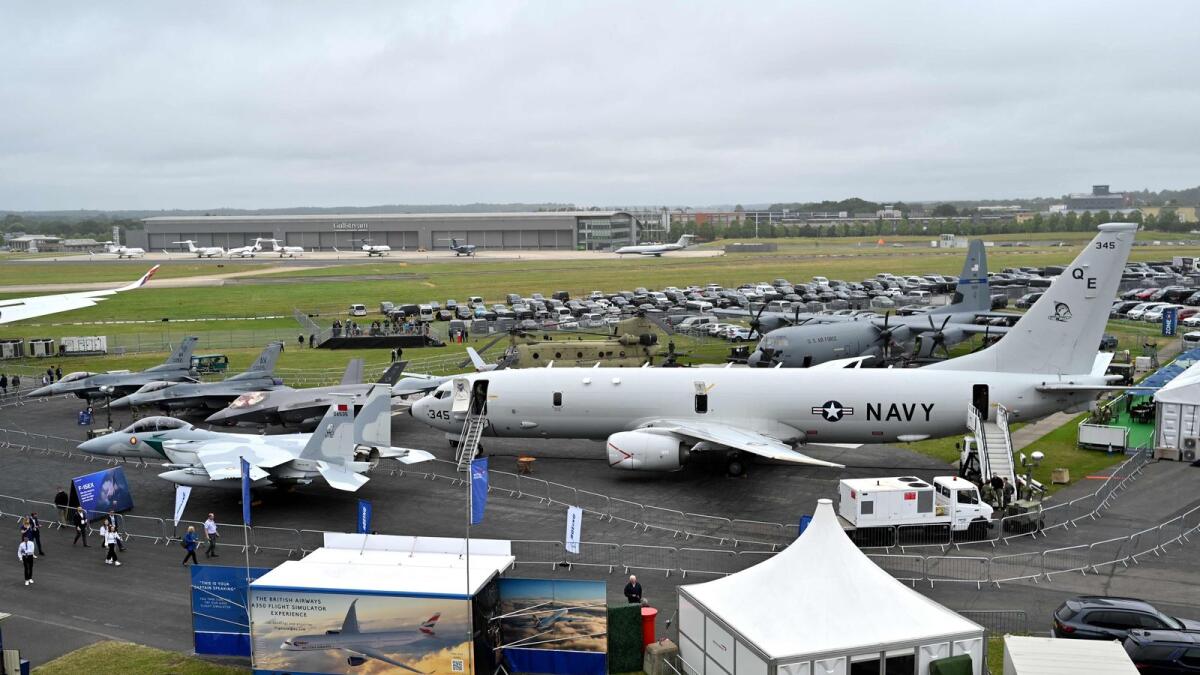The Farnborough International Airshow began with a setback as Ryanair reported a significant decline in quarterly profits, raising concerns among aviation leaders about supply chain issues, aircraft delays, and emissions reduction efforts. Boeing, however, boosted its position by securing a substantial order from Korean Air for 20 777X jets and 20 787s. Despite this, there was anticipation for fewer deals at the event due to production challenges at both Airbus and Boeing caused by the global pandemic’s impact on the aviation industry.
The aviation sector is grappling with labor shortages, parts deficits, and the aftermath of the Boeing safety crisis that led to production slowdowns for the 737 MAX model. These delays are hindering airlines’ ability to satisfy increasing travel demand following the pandemic, resulting in inflated costs that are difficult to pass on to consumers as demand stabilizes. Ryanair’s struggles with plummeting fares and ongoing delivery delays from Boeing have added to the challenges faced by airlines in the post-pandemic recovery phase.
As airlines and manufacturers navigate through these challenges, the focus at the airshow is shifting towards addressing supply chain disruptions. Boeing and Airbus are working on improving production processes to streamline their operations and meet the demand for new aircraft. While some deals are expected to materialize at the airshow, the emphasis will be on how manufacturers are adapting to the current supply chain blockages and implementing changes in safety protocols and corporate culture to enhance efficiency.
Sustainability will also be a key theme at the airshow, with a spotlight on reducing carbon emissions as the industry aims to expand global air travel. Aerospace companies and airlines are promoting their commitment to environmental responsibility, with various sustainability panels and workshops scheduled throughout the event. On the defense side, discussions will center around Ukraine, delays in the development of America’s F-22 fighter replacement, and a defense review by Britain’s new Labor government, highlighting the importance of international collaborations in defense projects.
The airshow will also feature updates on ongoing projects, such as the Global Combat Air Programme (GCAP), with British Prime Minister Keir Starmer reaffirming the significance of the initiative in partnership with Japan and Italy. As the industry navigates through the post-pandemic recovery phase and addresses ongoing challenges in supply chain management and emissions reduction, the airshow serves as a platform for showcasing innovation, collaboration, and commitment to sustainable aviation practices. It is a crucial event for industry stakeholders to exchange ideas, explore new opportunities, and drive the aviation sector towards a more resilient and environmentally conscious future.











